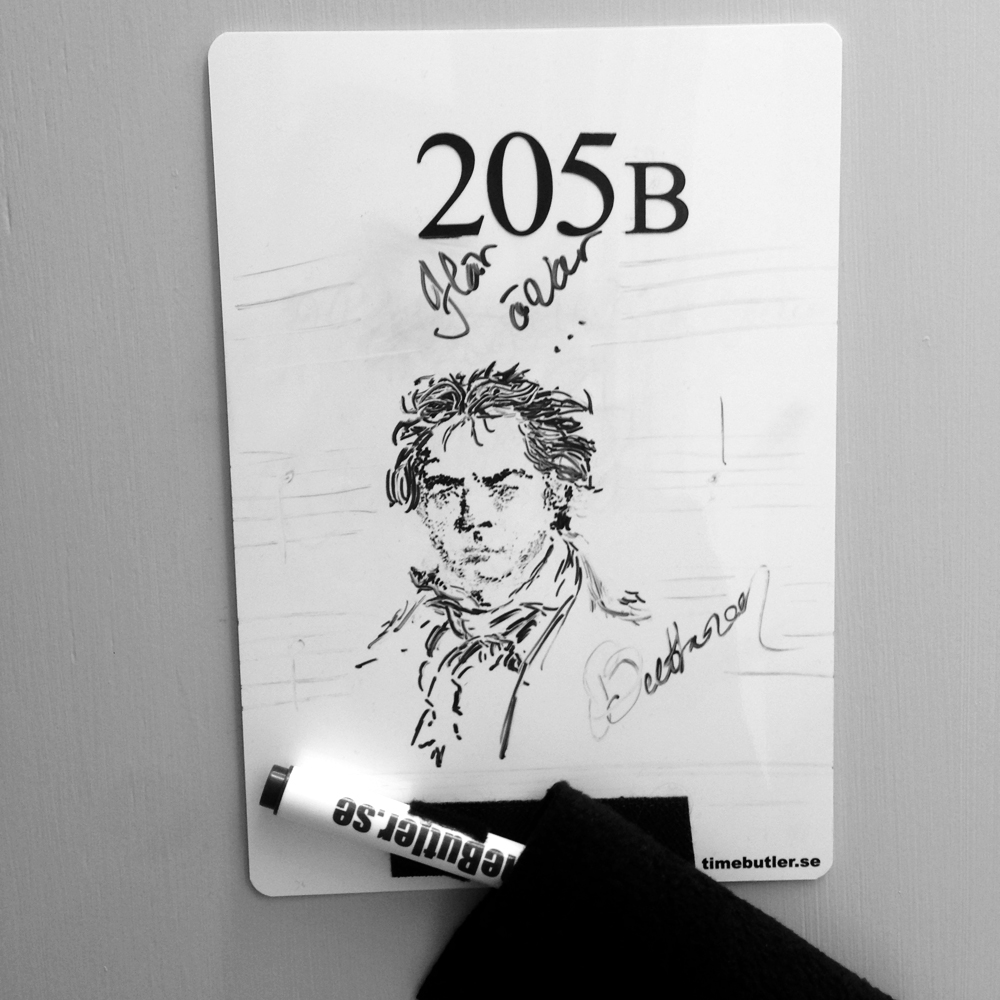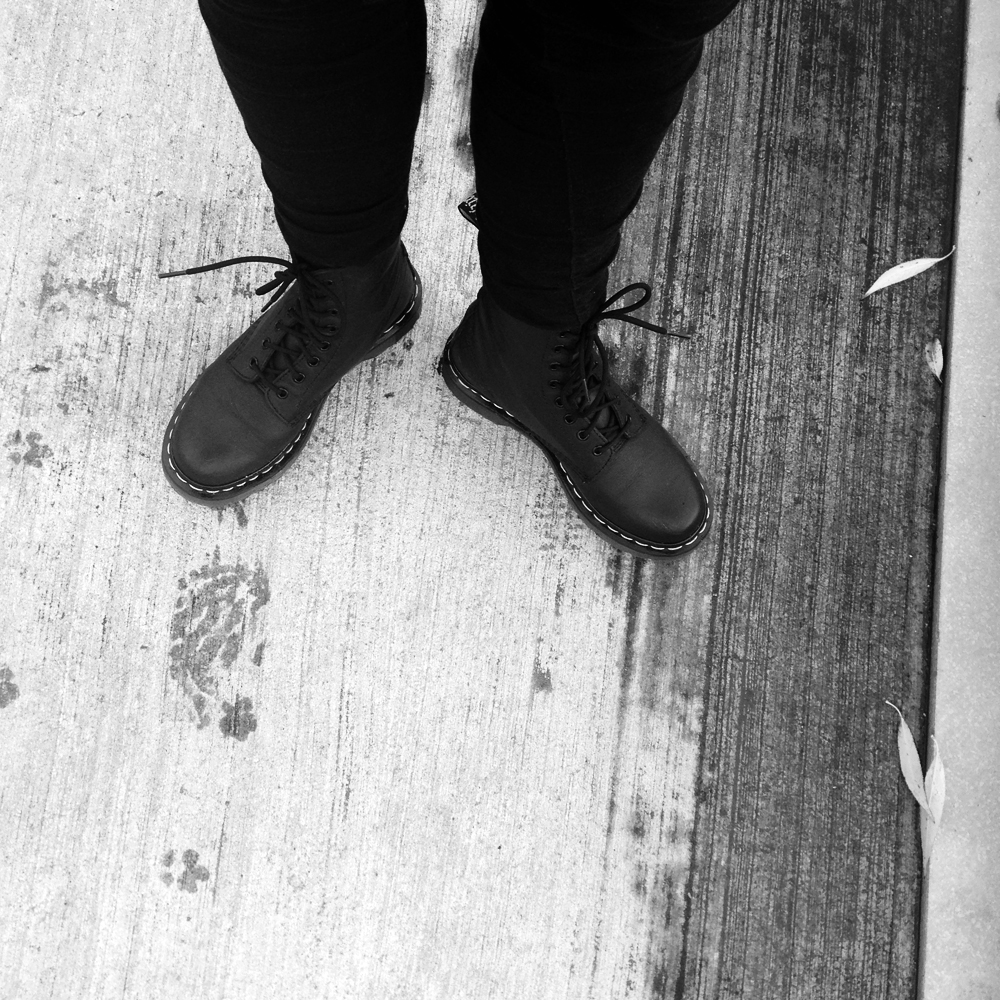året för förändring
Iallafall. Jag tänkte trots detta ta steget och få någon att prata med men fegade ur i sista sekunden. I höstas blev det för mycket. All sökningsångest dessutom dök upp - att vara den bästa, att åka utomlands och söka, pressen att veta precis vad jag kommer göra om ett år, att ha planer. Att förutom det här (som bara i sig själv är otroligt jobbigt, fråga vilken student som helst) ha problem med att vara i en grupp och prata utan att få en ångestattack, att bara kunna vara öppen och ärlig med kanske bara tre personer, att hela tiden kämpa emot alla tankar jag hade med mig från min jobbiga tid... Det höll inte.
Take notes, people. Att prata med någon, jag lovar att det hjälper.
En annan sak som hände: jag åkte ensam till London och sökte skolor! Det är jag också rätt stolt över. Det gick bra dessutom. Eller jag vet inte, det kändes bra. Jag kom inte in, men mitt mål var att åka dit, spela så bra jag kunde och sedan på sökningskvällen kunna somna och fortfarande känna att jag gjorde det absolut bästa jag kunde så att jag inte skulle ångra mig. Och det var precis det jag gjorde. Jag är nöjd, även nu när det har gått någon månad - jag känner mig väldigt lugn när jag tänker på det och för mig är det ett väldigt stort steg.
Och just nu vet jag inte vad jag vill göra med mitt liv Och det suger.
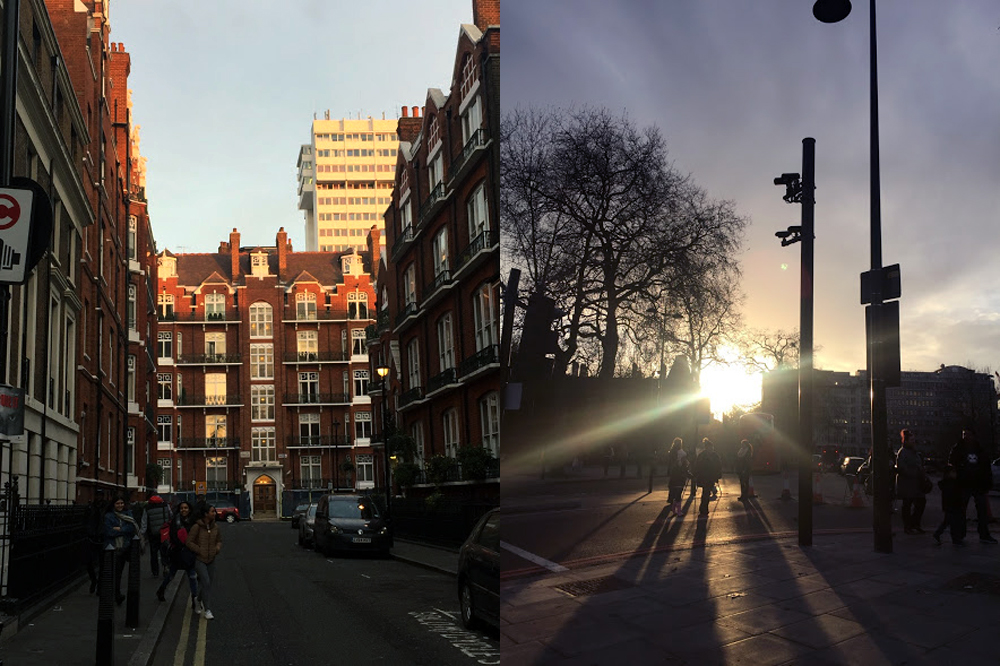

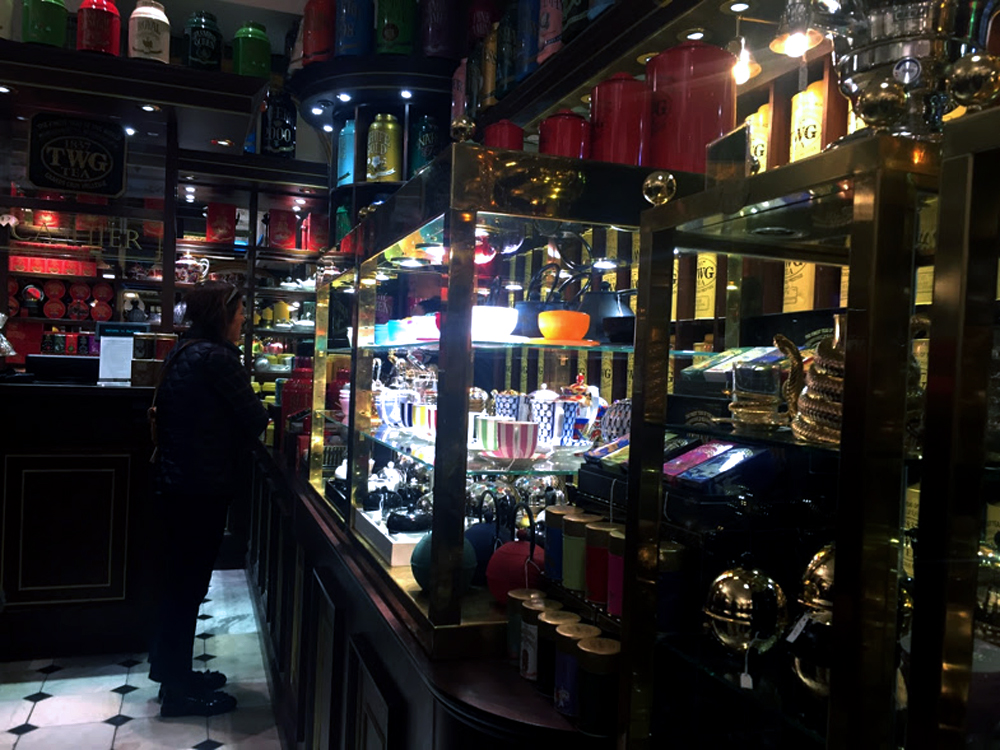

Storforsen




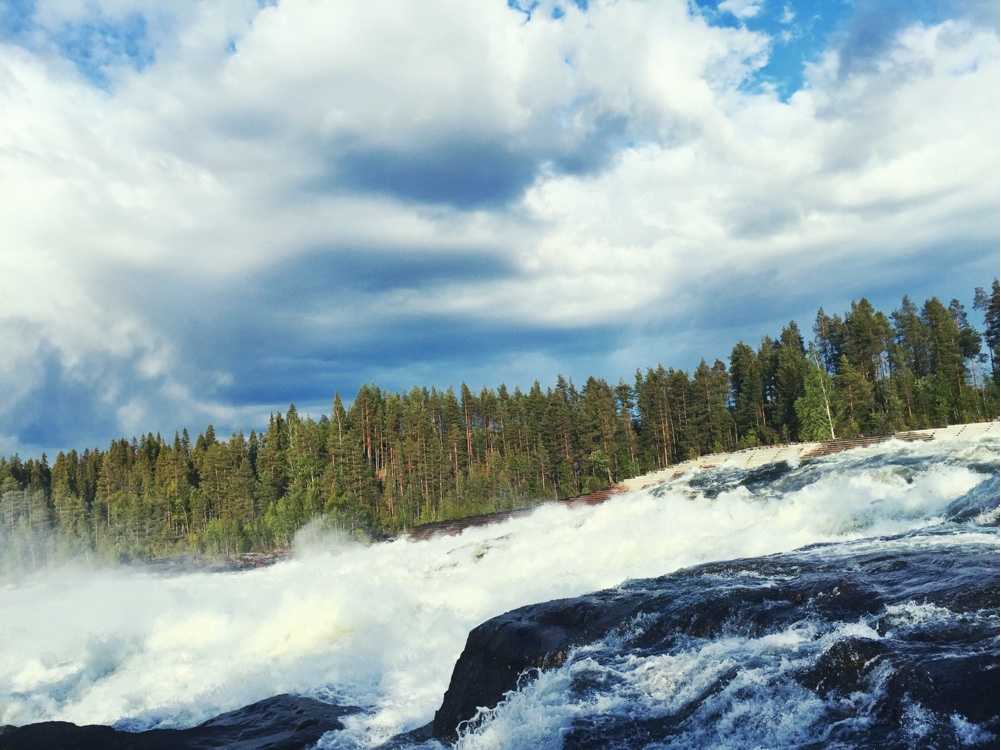


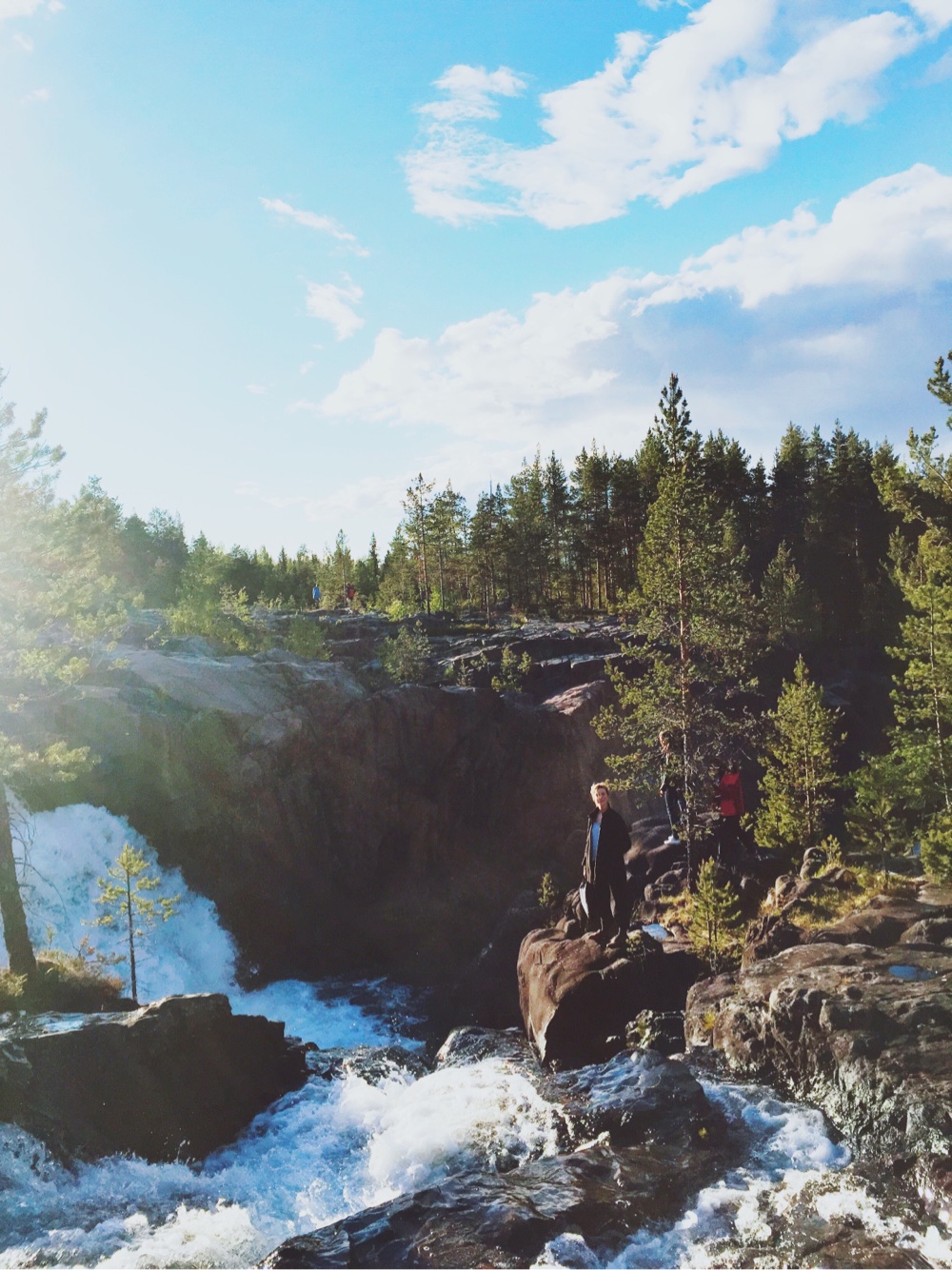


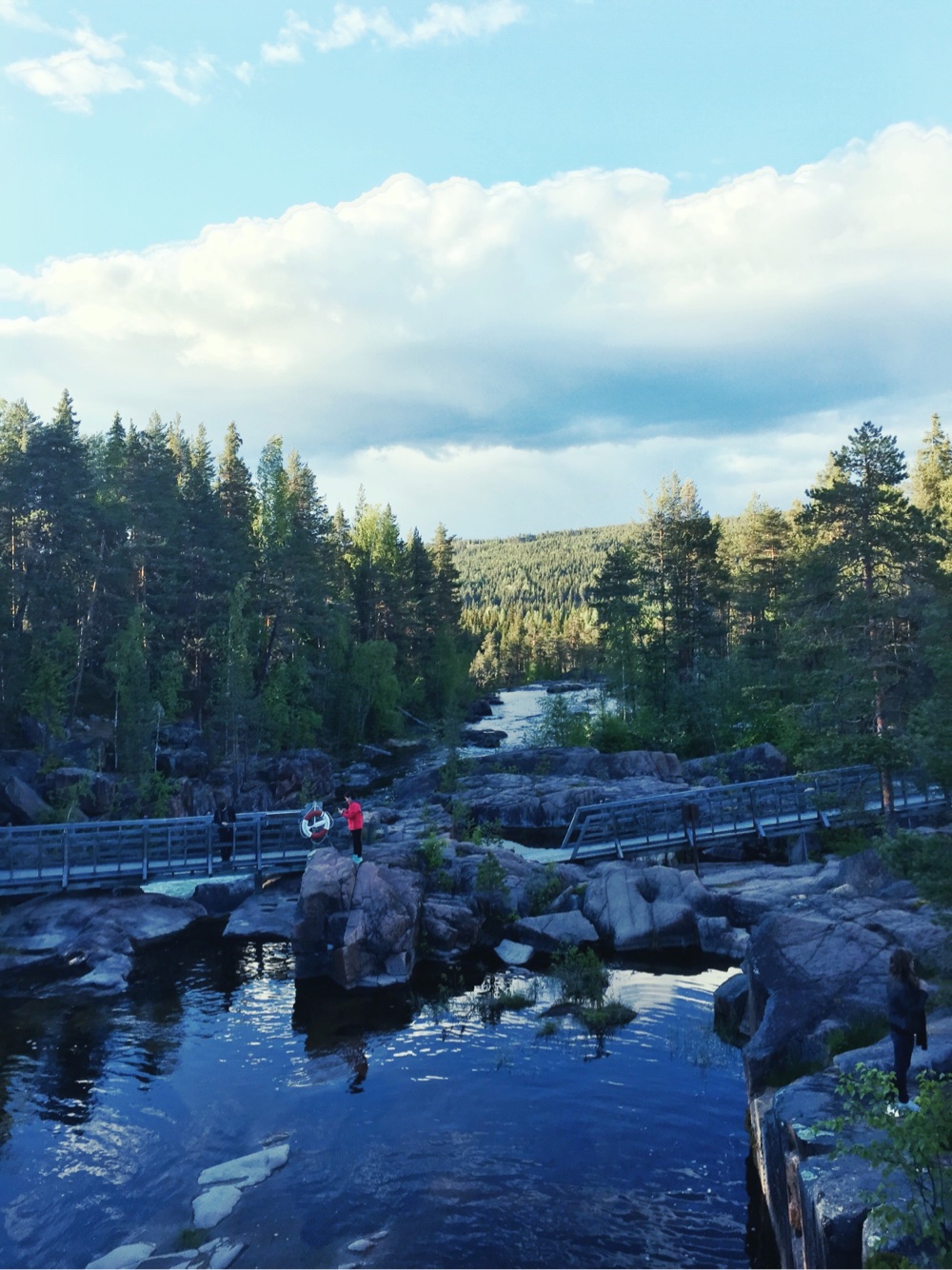
BRA DAG
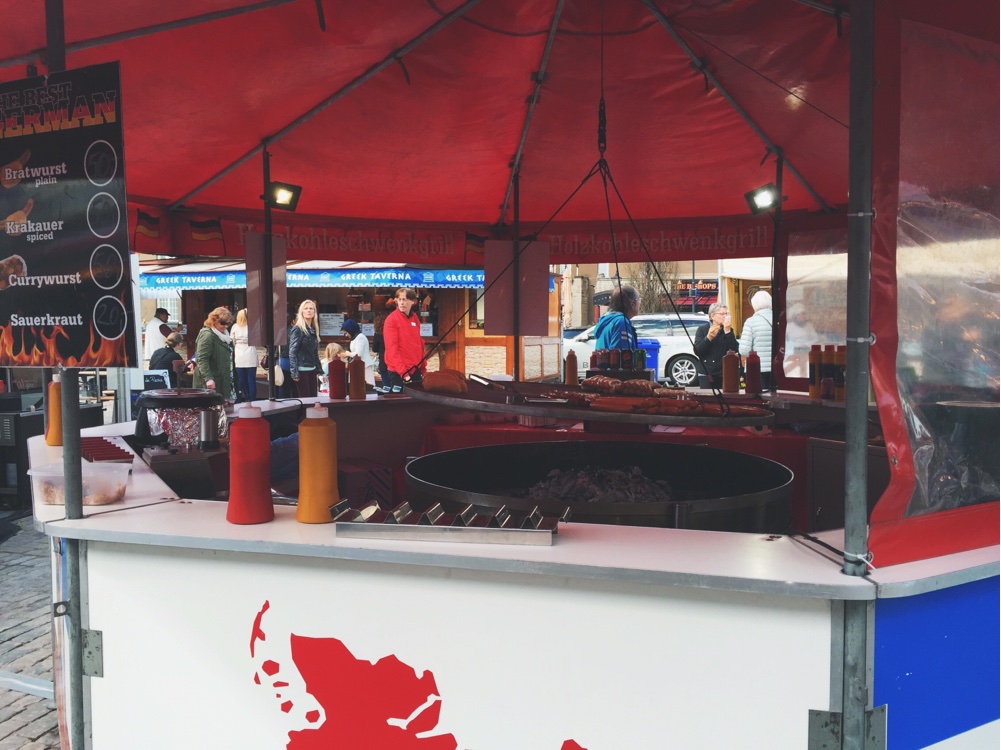




GRÖNA LUND

SEN PLÖTSLIGT var vi inne i parken! Efter en uppvärmning med Tekoppen så åkte vi (JA - jag skrev vi, alltså inklusive jag, Sanna. Som är extremt höjdrädd) Eclipse, också kallad Dödsslänggungan. Iallafall av mig. 90m hög, och fråga mig inte hur, men JAG ÅKTE! OCH DET VAR KUL! Bortsett från att jag hela tiden såg framför mig hur jag gled ur och landade i närmsta sockervaddsmaskin 90 meter nedanför.
Mitt motto för dagen - det finns iallafall värre sätt att dö på. Och av någon anledning, jag vet inte hur, så överlevde jag.


jag och Anna, sekunderna innan paniken kom krypandes. Men jag var pepp, och överlevde! Antar att peppen kom från Anna the Adrenaline Junkie.
Jag TROR att efter jag hade åkt vad jag trodde skulle bli min sista minut i livet, så försvann all rädsla på något sätt. Jag vet inte. Jag var nervös, men det var mer pirr i magen, och bara taggad till tusen för att åka nästa attraktion! Och kom ihåg att jag är HÖJDRÄDD. Senaste gången jag satt i en bergochdalbana försökte jag ta mig ur, jag skojar inte. Jag försökte klättra ur Lisebergståget i ren panik. Men nu var det som att "klarade jag av det där klarar jag allt".
Det var en himla go känsla.




efter munkar, många åkturer efteråt och snurriga efter Lustiga Huset blev det promenad till Max, och sen tåget hem till Västerås. Det var så otroligt roligt, och är så glad att jag har så bra vänner här - det betyder mycket, verkligen. Beställde nyss hem Mozarts flöjtkonserter dessutom. JAG VET, jag måste vara den enda flöjtisten som inte har spelat dom. Det blir sommarprojektet iallafall. Ska nog sova rätt bra nu åtminstone.
the five myths of contemporary classical music
But this is music that is very much at the heart of our modern world.
1. It all sounds like a squeaky gate
There are two sides to this. First, there's the simple fact that much of the music being written now by composers for choirs, opera houses and orchestras has as many, and sometimes more, tunes than anything by Beethoven or Mozart. For sensuous, harmonious reverie, listen to recent music by John Tavener or Arvo Pärt; for sheer, abundant tune-smithery, look no further than those masters of choral, regal and festive vocality Paul Mealor, Eric Whitacre and John Rutter. But none of this is what the "squeaky gate" critics mean. They are thinking of the sort of music that the conductor Thomas Beecham once said he "trod in": the avant garde of Karlheinz Stockhausen, Pierre Boulez, Luigi Nono or Brian Ferneyhough. One of the best answers to this sort of attack comes from "unherd" on my classical music blog: "'Nasty squeaky gate' can actually be amazing to experience if you're not afraid of it." You're right, unherd. As ever, fear, or preconceptions, lead to the dark side. First, one of the signal, culture-changing achievements of contemporary music is that it opens your mind and ears to re-hear the world, to realise the beauty that's around us in sounds we would otherwise call noises. That's part of the genius of John Cage or Helmut Lachenmann, one way in which the world becomes a different place when you listen to their music. But there's something else: the visceral impact of music such as Iannis Xenakis's Jonchaies, Stockhausen's Gruppen for three orchestral groups or Luciano Berio's Coro is like nothing else music has done before. This music opens up huge reservoirs of feeling and physicality. Listen to any, and have your squeaky gates of perception opened up.
2. It's inaccessible
Balderdash. Rewind a few decades. Have a look again at the menagerie of cultural icons on the cover of the Beatles' Sgt Pepper's Lonely Hearts Club Band. Who's that cheeky chappie on the back row, whose big brown eyes and side-parting peer out between Lenny Bruce and WC Fields? Why, it's the furthest-out composer of any of the out-there 60s avant-garde, Stockhausen. A piece of coincidental Beatlemania? Not a bit of it. Without Stockhausen's electronic dreams and experiments the decade before, and his trailblazing example of how you could use the studio itself as a musical instrument, the Beatles would be mired in musical pre-history, and Lennon and McCartney's imaginations – and yours – would be infinitely the poorer. Spooling on through pop culture, in the 70s and 80s, bands "discovered" tape loops, phases and rhythmic complexity. But that's only because Steve Reich, Philip Glass and the minimalists had got there at least a decade before. Sampling? Again, it's the avant garde you've got to thank, everyone from the pioneers of tape-based musique concrète to Alvin Lucier and beyond. Coming bang(ish) up to date: who is Björk's favourite composer? Stockhausen again. Brian Eno would be nowhere without Erik Satie and Cornelius Cardew, Stephen Sondheim owes it all – well, some of it – to lessons with Princeton-based serialist Milton Babbitt, and don't get me started on Jonny Greenwood's love-affair with Krzysztof Penderecki. Without the "classical" avant garde, pop music just could not and would not be the same.
3. You need to have a beard and wear a black polo-neck jumper to appreciate it
This is one of the real things that puts many listeners off, the idea that to be able to understand Harrison Birtwistle or Judith Weir, Pauline Oliveros or Howard Skempton, you need to have a working knowledge, and preferably a PhD, in music history from plainchant to Prokofiev, and/or you need to be part of a club of contemporary music groupies. Neither, I promise you, is true. There's a story told by Gillian Moore, who runs classical music at London's Southbank Centre and who set up the pioneering education work of the London Sinfonietta in the early 80s. One of its first projects introduced a programme of Ravel and early 20th-century visionary and noise-fiend Edgard Varèse to groups of schoolchildren. For many, Ravel's music is sensual, beguiling, "easy", whereas Varèse's sirens, percussion and atavistic modernism make his music beyond the pale, dissonant, and "difficult". What happened was just the reverse: the kids loved Varèse and couldn't get on with Ravel. But that makes perfect sense. So much of the great, radical music of the past 100 years bypasses the world of convention and intellect to go straight to the guts of sonic power, and to shake up your solar plexus. There's a good argument that the less you know about Mozart or Schubert, the more directly you can understand the sounds composers create today.
4. It's irrelevant
A simple formulation that sums up an unfortunate commonplace: the sense that this music has nothing to say to today's world. As already said, many of the sounds that we think most define our world today in pop music have the avant garde in their DNA, but there's more. There is sometimes an impression that composers who write music that pushes musicians to their extremes are doing nothing more than fiddling around with meaningless notes in a solipsistic, self-indulgent reverie. Well, there's nothing wrong with beauty, and the extreme, hard-won beauty of hearing a group of great musicians or an orchestra at the limits of what they can do. But contemporary music has things to say, if we have ears to hear it. And thanks to generations of recent composers, contemporary music has tried to change the world. Haven't heard of Cornelius Cardew? Check him out. All his music was composed with social and political consciousness at its heart. And in different ways, that's still happening. John Adams can't resist today's big subjects – politics, terrorism and religious extremism. Younger composers are forming collectives that dissolve the pernicious boundaries between genres and institutions, creating work that speaks to new audiences directly, powerfully – and relevantly.
5. It's written for classical musicians so it must be 'old'
Ah, yes: here's the rub. For some, the very sight of, say, an orchestra, a string quartet or the idea of an opera house automatically gives an illusion of "heritage" rather than "contemporary culture". The implication is that those institutions or lineups can't have anything to contribute to musical thinking, that the musical ideas that composers in the past have dreamed of in their orchestral works, quartets and operas, have filled the repertoire, and our imaginations, to the brim. Try telling that to Jonathan Harvey, whose expansion of the orchestra into the realms of electronics makes music that is definitively contemporary and immeasurably timeless, or to Thomas Adès, whose writing creates visions of musical possibility that are new for today, or for any time. A piece that Adès composed in 1999, on the eve of the millennium, symbolises the new meanings that large-scale music can have. America: A Prophecy is a vision and a warning about the ends of empire. Adès's music could not speak more fervently or fearlessly about the essential truth of the way historical patterns repeat themselves, and how we ignore the warnings of ancient civilisations at our peril. Don't let the veneer of the opera house or the concert hall put you off. This music is speaking to us now: all you need is an open mind and open ears.
☀️
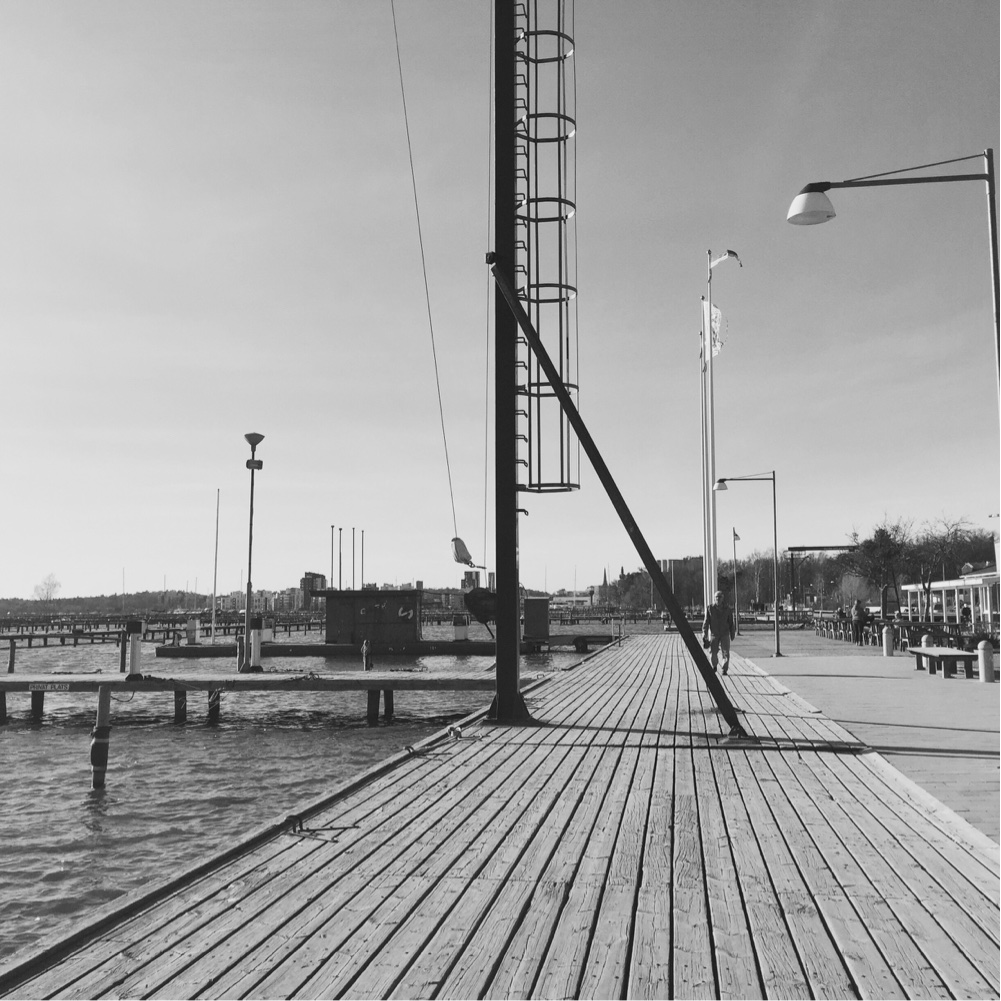
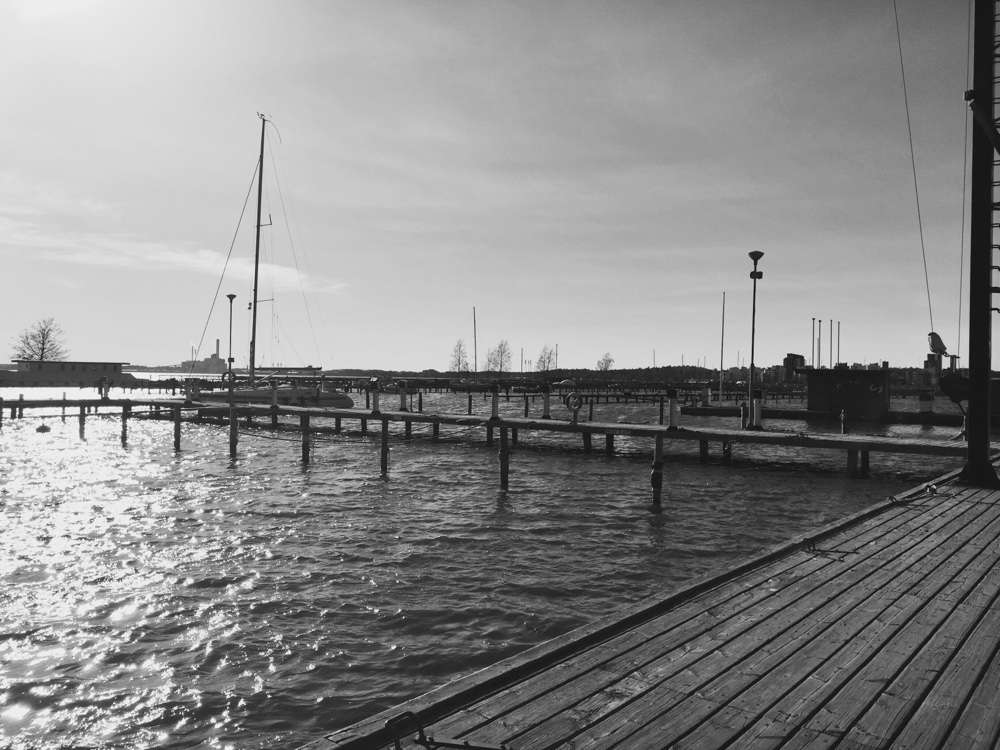
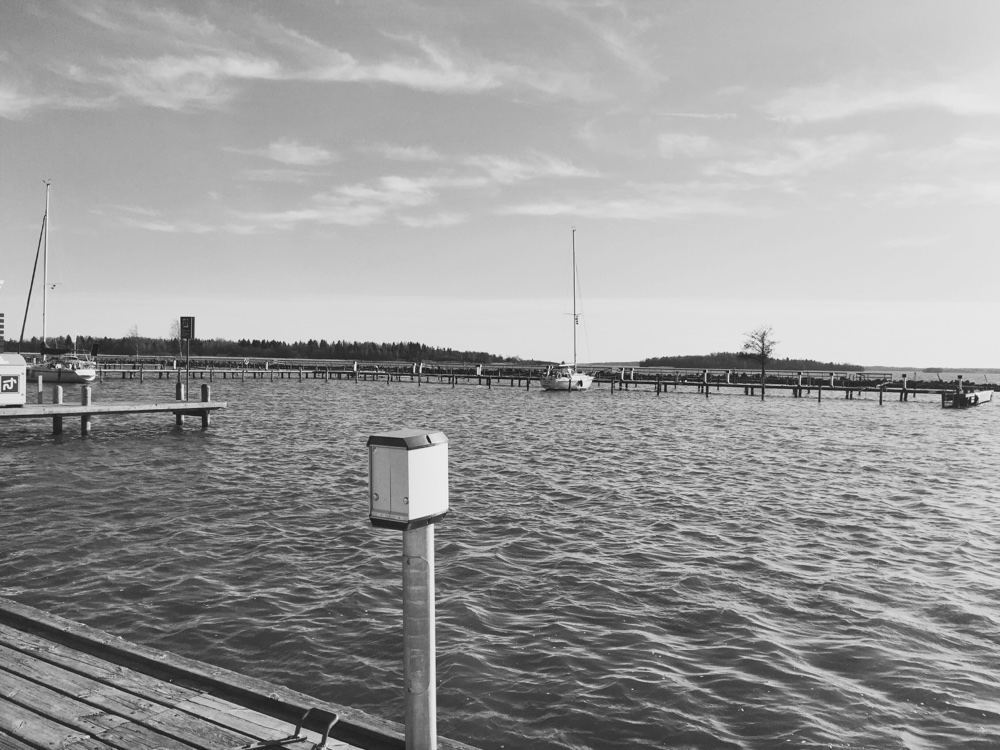

going vego

Nu spricker jag. Gjorde nyss något av det absolut lättaste och det godaste (och något av det billigaste!) jag har lagat hittills som student. Och det gick på en halvtimme! Så himla bra. Panera bara lite aubergine (ägg+panko), rosta lite sötpotatis (varför jag inte upptäck the sweet potato tidigare) och kör lite sallad, olivolja och bea till. SÅ perfekt. Har massa matlådor nu, och kommer vara mätt i några dagar framöver. Vegetariskt är bara för bra.
vanlig dag på slottet
Men det kom fram någon då och då som tackade, så jag tror ändå att man uppskattade vår musik iallafall, om än inte lite diskret.
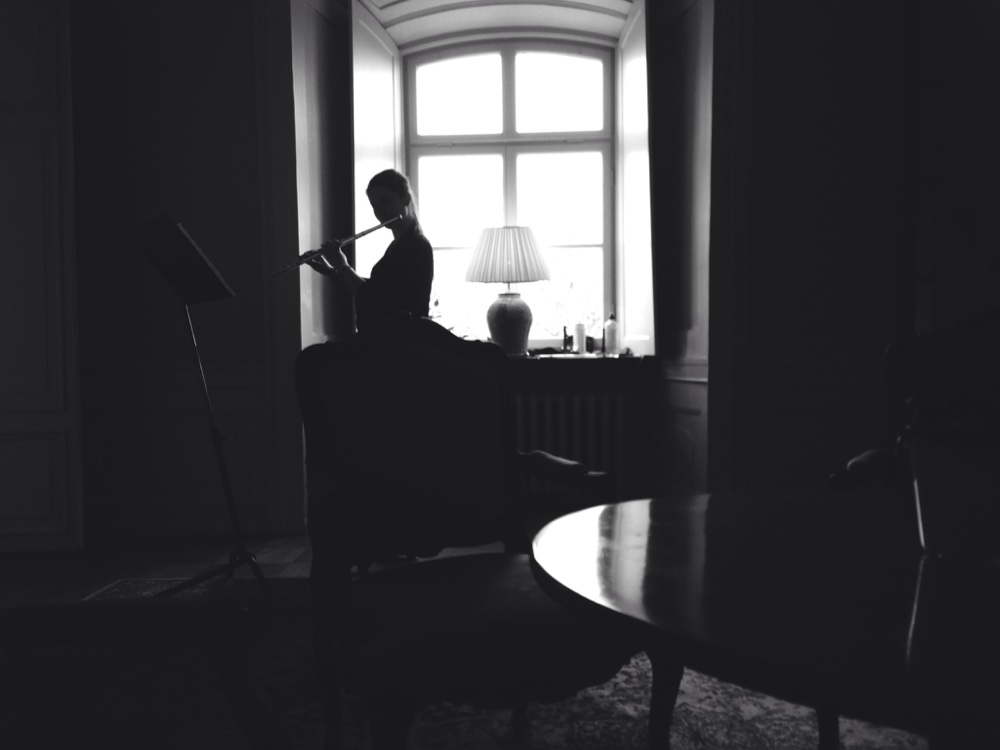




Bästa allt, helt enkelt, iallafall nu.
buzzfeed och övningsångest

(HÄR är en superbra inspelning med Göran Marcusson som spelar den ifall ni vill lyssna)

onsdag
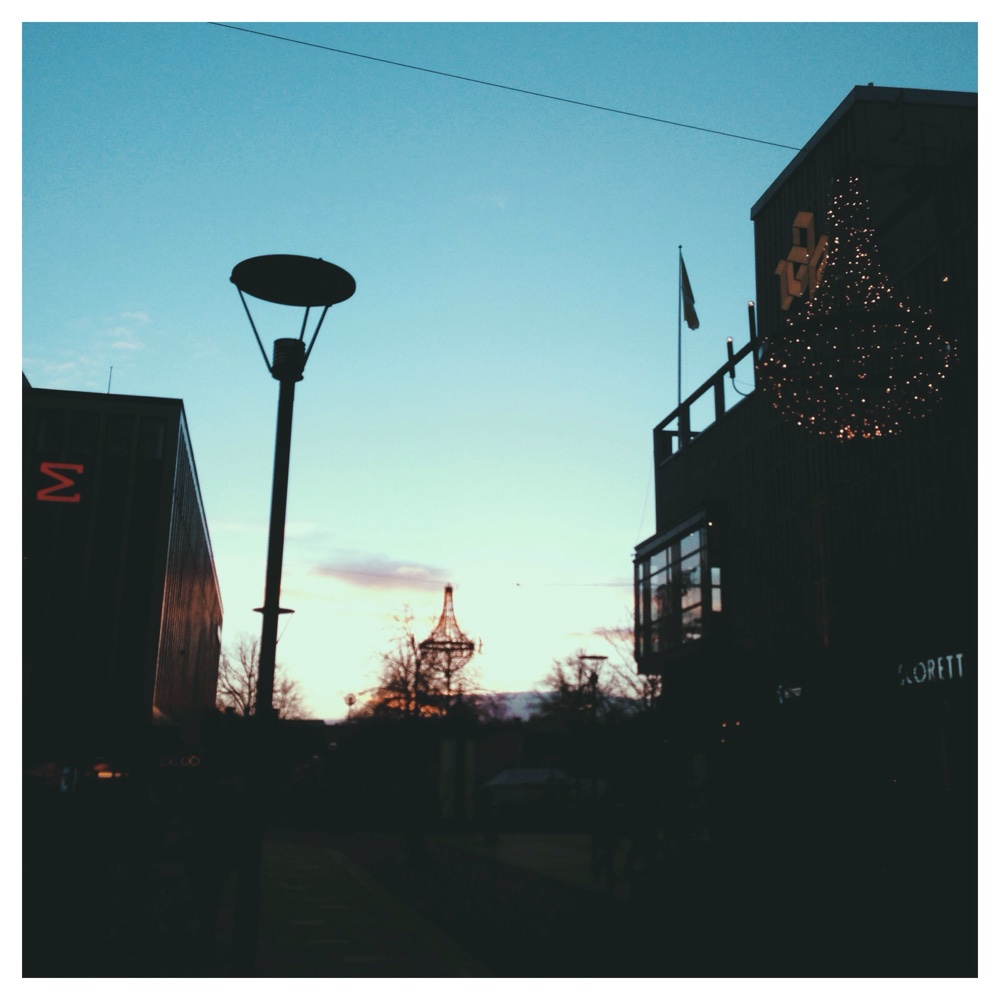

sitter på slottet och är halvt DÖD. Det känns som om att jag har gjort tusen saker, och har tusen saker kvar att göra. Det enda jag har gjort är vakna, äta, fynda böcker på bokrean (SHERLOCK HOLMES), öva, och yoga. Egentligen ingenting alls med andra ord. Nu ska jag njuta av att CSN ÄNTLIGEN har kommit, köpa en himla massa mat och bara se på film och sova järnet. ha det fiiint!
fantastiskt

15 februari

Jag älskar dig iallafall Lovisa. Jättemycket.
someone new
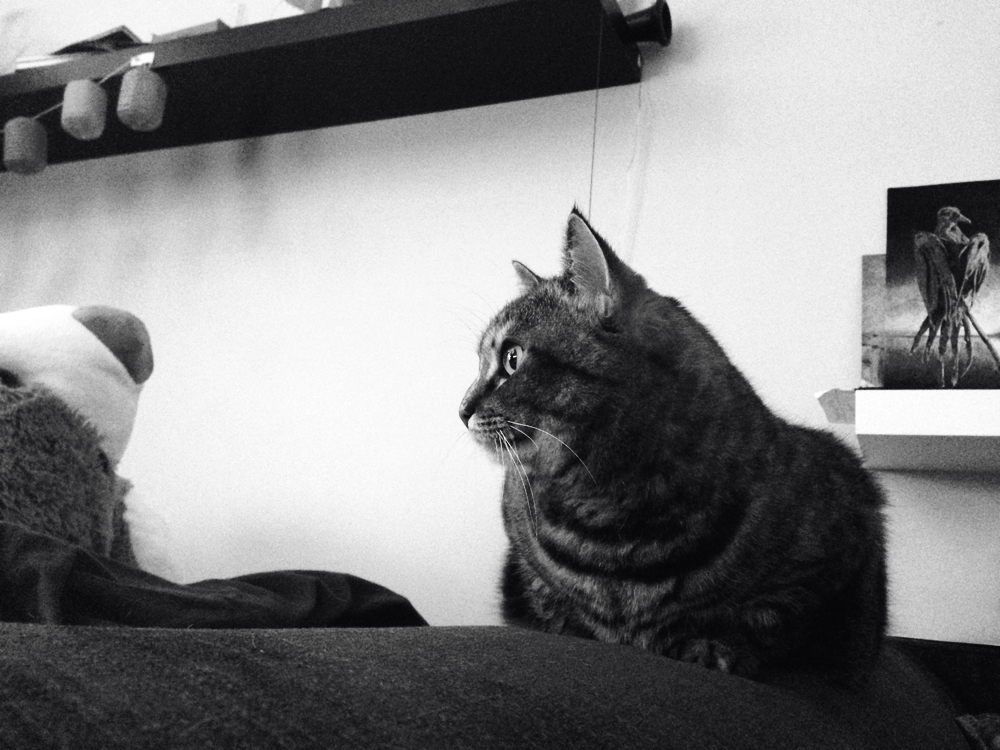
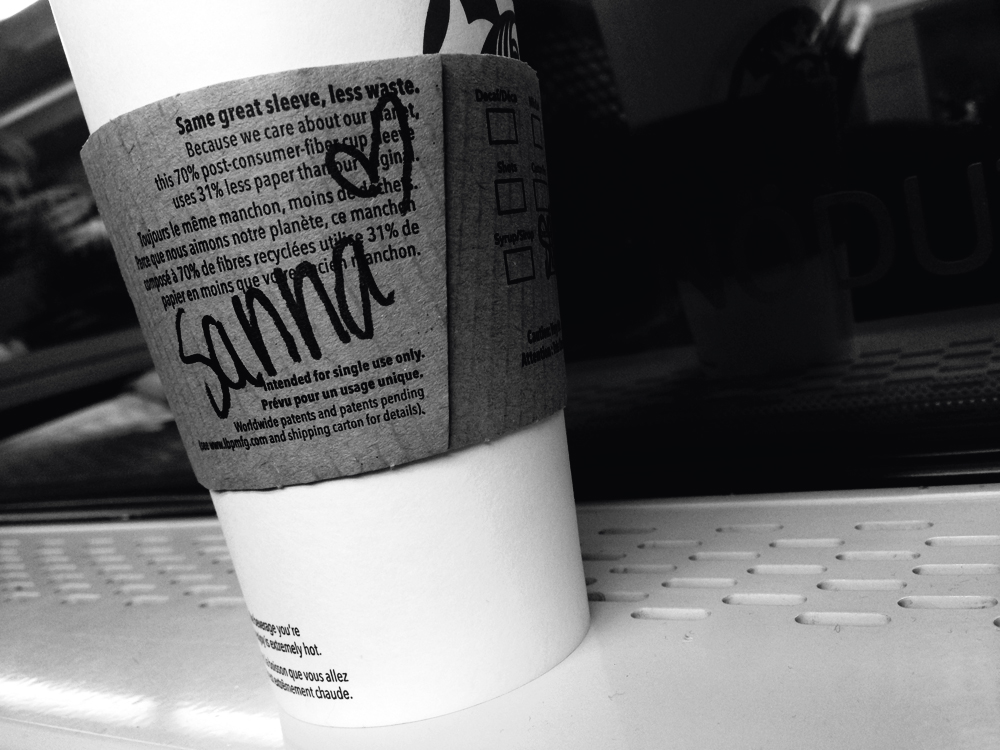
Ett himla bra album, lyssna på Somebody New - älskar låtarna mer och mer! Klicka och lyssna ---> Hozier – Hozier
jag lever, jag lovar

26e
